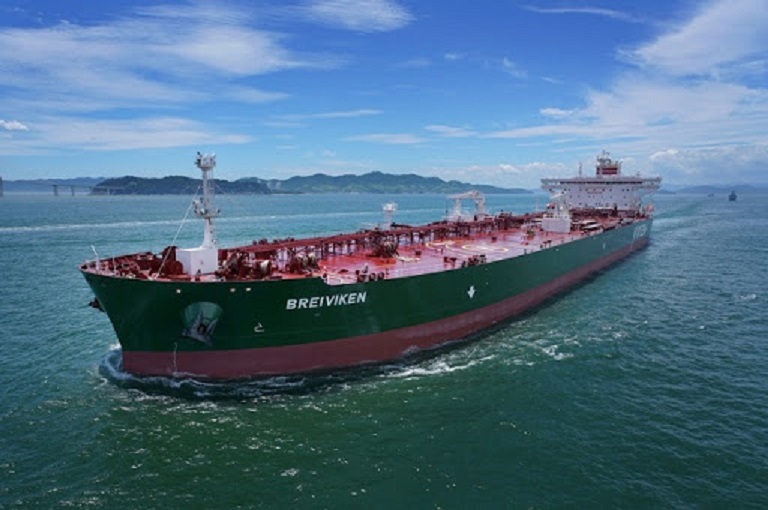South Korean yard pushes ahead with the development of fuel gas supply system and detailed ship design.

LR has granted Approval in Principle (AiP) to Samsung Heavy Industries (SHI) for its ammonia-fuelled tanker design, a key progress milestone in the joint development project LR and SHI announced with industry leading partners MISC Berhad and MAN Energy Solutions in January 2020.
To meet the International Maritime Organization’s 2050 ambitions on halving greenhouse gas (GHG) emissions from 2008 levels, zero-carbon vessels need to enter the world fleet by 2030. Ammonia is among the zero-carbon fuels that is being considered by maritime stakeholders and with the award of this AiP, SHI will forge ahead with its exclusive development of a relevant fuel gas supply system and detailed ship design. It aims to commercialise these developments by 2024.
Jong-Hyun Youn, SHI EVP and head of design, said: “The ammonia fuel design project led by SHI brings all relevant stakeholders spanning from the fuel supplier to operator and it will result in a commercial outcome.”
LR Group CEO designate and Marine and Offshore Director Nick Brown said: “LR is working with leading industry partners to make deep-sea zero-carbon vessels a reality within this decade. Shipping needs action not words to deliver on the IMO’s 2050 GHG ambitions and this challenge calls for collective action and industry collaboration. Following the announcement of the ammonia-fuelled tanker joint development project in January, we are delighted that SHI has made steady progress on the fuel gas supply system and detailed ship design.”
In its 2020 Energy Prediction report, the International Energy Agency forecasts that the use ammonia and hydrogen as vessel fuels will expand and will account for 60% of marine fuels by 2060. Similarly, BP announced in its 2020 energy prediction report that the portion of non-hydrocarbon fuels such as ammonia, hydrogen, biofuel and others will increase to 85% of 2018 total energy amount by 2050.